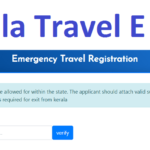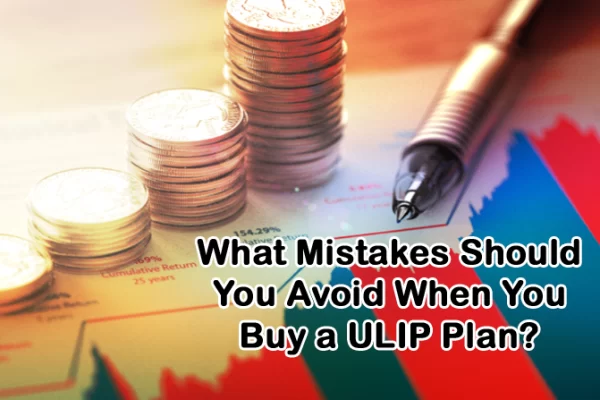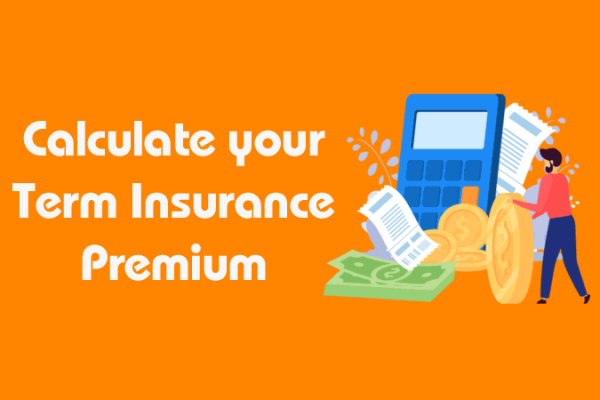Council tax is a local taxation system with domestic rates. Each property is assigned to one of the eight bands of the taxation system. It is difficult to avoid and therefore it has the highest collection rates of 97.0%. However, the tax is collected by the collecting authority and redistributed to the precepting authority. The owners can contact the local authority to refrain from paying the council tax.
Authorities involved in the taxation process:
Generally, council tax is collected by the local authorities called collecting authorities, and redistribute and levies the components to other authorities called precepting authority. You can have a clear understanding of the council tax and the reason behind the organizations to collect the tax from the below-given information.
- An amount payable for council tax:
Council tax is a sum of property tax and personal tax. The taxation is charged based on the below scenarios and the valuation is carried out by the Valuation Office Agency.
- If there are two or more residents in the same property then the owner is liable to pay the tax fully without any discounts.
- If there is only one person then 75% is payable.
- in case, of untenanted property, the owner has to pay 50%
Tax bill calculation:
The charges are calculated by different organizations and their subsidiaries. For example,
- Cheshire East Council calculates the flood defense and coastal erosion risk management charges.
- Parish council charges for the Adult social welfare
- Cheshire Police and Fire authorities collect the charges accordingly.
Tax council band:
Higher the band is higher will be the council tax bill. If you find you’re in a higher band than many of your neighbors, you can try connecting with the local valuation office. In some cases, if you have changed your formal application bands then you have to wait for approval from the council.
Premium bill amount:
There will be 100% council tax premium for an empty property is an extensive issue for landlords and property owners. The word “premium” denotes that the local authority and the council can demand a double charge on the council tax for the empty properties. Ultimately, the landlord with the empty property will be paying a double charge of the council tax.
Council tax on an empty property:
When it comes to an empty property the owner has to pay the council tax. If the property is left unoccupied or unfurnished for more than 2 years then the owner is responsible for paying the tax amount. If you are an owner of the untenanted property and if you are confused about how to avoid paying the council tax on an empty property then thankfully here is the solution for it.
For example, there are nearly 20,000 homes that are left unoccupied across the UK. Those properties are worth nearly $40 billion in total. At the same time, the landowners were announced either to let or sell the properties.
Council tax reductions:
Reductions are now replaced with tax benefits. It could reduce the tax bill up to 100%. You can claim this benefits if you are having low income. It mainly depends on the number of people accommodated in the property and expenses spent on household chores.
Exemptions and discounts:
Even if the property is in a correct valuation band, there are certain ways that you can keep yourself away from paying the council tax. Here are some of the taxation classes based on which you can claim exemptions.
- Class B: the property is left untenanted that is owned by a charity center
- Class D: the previous tenants is imprisoned for non-payment of the council tax
- Class E: the main resident has been moved to hospitals due to certain health issues
- Class F1: the previous occupant has died
- Class F2: While the previous occupant has passed away and if their property has been granted
- Class G: foreign resident whose occupation is prohibited by law
- Class H: future occupant is a minister of any religion
- Class I: Occupant who requires adequate care and has moved to any care homes for mental wellness
- Class J: Occupant who has moved to care a third party
- Class K: Owner is a student and he was the last resident of the property
- Class L: Property has been repossessed by a contract lender.
- Class Q: Property belongs to a bankruptcy trustee
How to avoid tax on occupied properties:
The exemptions are meant for certain categories of people. They are:
- Class M: Property is specifically given for a large amount of student’s accommodation
- Class N: the residence is occupied only by students, school or college leavers, and foreign spouses of students
- Class O: Armed force residents
- Class P and W: granny flat residents i.e., for the residents under someone’s care
- Class S: main occupant under the age 18
- Class U: Occupant who is mentally unhealthy and is dependent on someone
- Class V: occupant is a liable diplomat.
Applying for discounts:
As the local authorities take the responsibilities for council tax; the owners can try contacting the authorities in person. You will find some sort of tax discounts for the current empty property. The authorities will instruct you on how to get everything arranged and will also answer a few questions over the phone if required. The owners can also try the other possibilities such as
- The council tax authority calculates the overall cost down, including your personal council tax fee.
- There might be some tax exemptions during the tenancies, which can be ignored with the approval of “Council tax support”.
Final words:
The council tax is compulsory and it must be paid. If you are struggling to pay or if you feel you want to refrain from paying the bill, talk to your local authorities and seek help. Councils may have hardship fund available for people with financial difficulties. Local authorities will give a clear understanding about the discounts and reductions.











